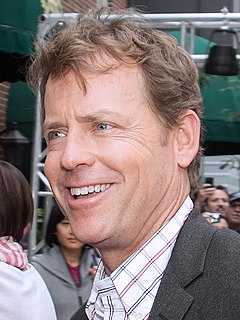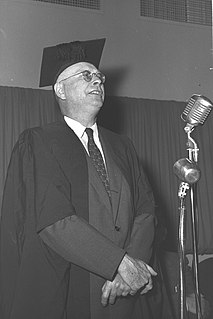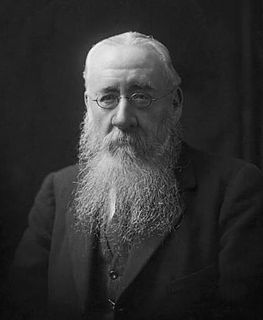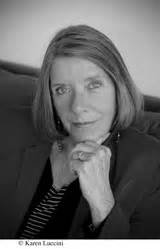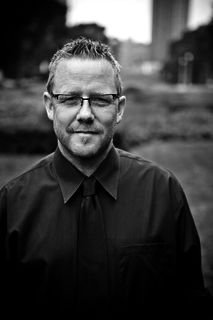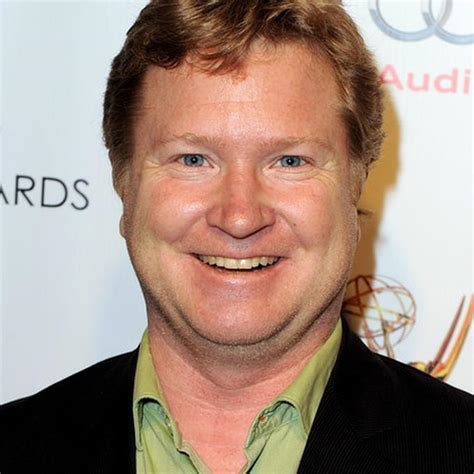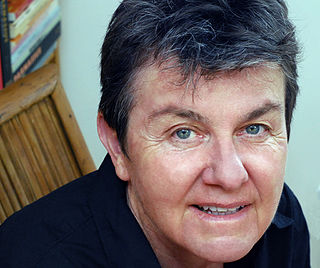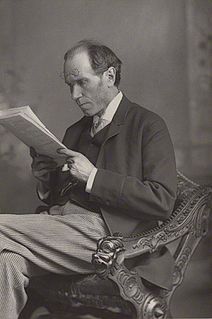Top 1200 Great Literature Quotes & Sayings - Page 5
Explore popular Great Literature quotes.
Last updated on November 15, 2024.
There's something in human nature, the trying-to-get-on-with-it quality of people, the struggle to maintain or keep the show going can be exhausting. It just seems like that element of trying to move forward while things are breaking down... Obviously, it's always been the backdrop for a lot of great literature and great cinematic characters, but aside from that, I'm just drawn to it because that feels honest to me.
What a lost person needs is a map of the territory, with his own position marked on it so he can see where he is in relation to everything else. Literature is not only a mirror; it is also a map, a geography of the mind. Our literature is one such map, if we can learn to read it as our literature, as the product of who and where we have been. We need such a map desperately, we need to know about here, because here is where we live. For the members of a country or a culture, shared knowledge of their place, their here, is not a luxury but a necessity. Without that knowledge we will not survive.
I don't think that we are completely dominated by what we have inherited from the past, but it is the case that as far back as you can go - just to Homer, but also to the literature of Rome, the literature of the Middle Ages and Renaissance - what you will find is that women's voices are not taken seriously.
As a form of moral insurance, at least, literature is much more dependable than a system of beliefs or a philosophical doctrine. Since there are no laws that can protect us from ourselves, no criminal code is capable of preventing a true crime against literature; though we can condemn the material suppression of literature - the persecution of writers, acts of censorship, the burning of books - we are powerless when it comes to its worst violation: that of not reading the books. For that crime, a person pays with his whole life; if the offender is a nation, it pays with its history.
Literature is love. I think it went like this: drawings in the cave, sounds in the cave, songs in the cave, songs about us. Later, stories about us. Part of what we always did was have sex and fight about it and break each other’s hearts. I guess there’s other kinds of love too. Great friendships. Working together. But poetry and novels are lists of our devotions. We love the feel of making the marks as the feelings are rising and falling. Living in literature and love is the best thing there is. You’re always home.
